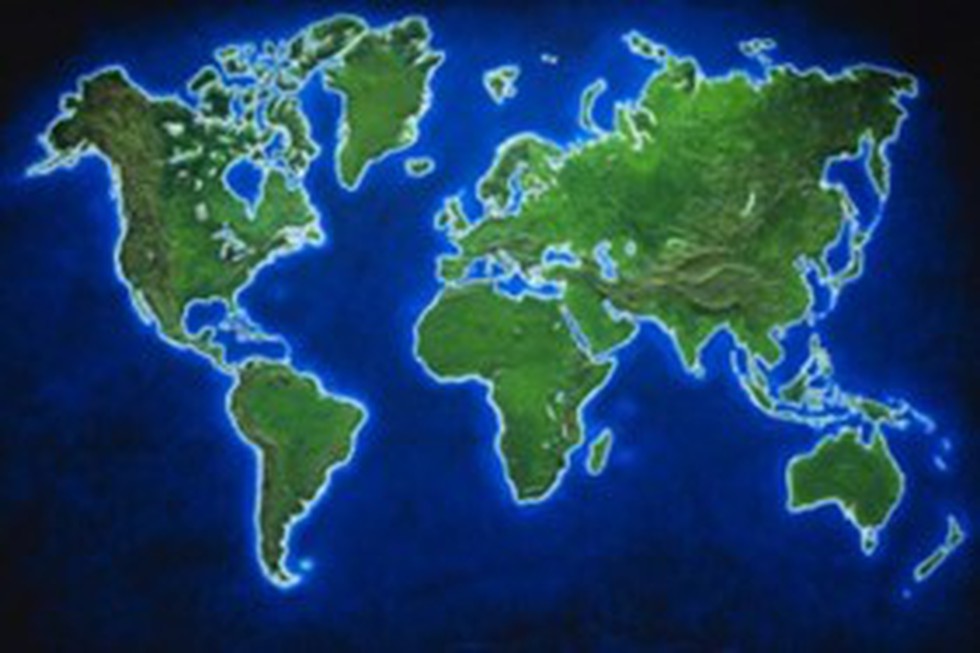About Argoland:
- It was a lost continent that once broke off from northwestern Australia 155 million years ago.
- The elusive, 3,106-mile stretch was once an integral part of the supercontinent Gondwana.
- It disintegrated as tectonic forces stretched the landmass out and drove it away from the rest of the continent before scattering it across Southeast Asia.
- It had initially drifted northwest, where several Southeast Asian islands currently exist today.
- But unlike India, which broke off the ancient supercontinent Gondwana 120 million years ago and still forms an intact landmass today, Argoland splintered into fragments.
- These fragments, reaching their destinations simultaneously, formed an archipelago rather than a unified landmass.
- Argoland, now dispersed as an archipelago separated by ocean basins, contributed to the formation of several Southeast Asian islands.
Key Facts about Gondwana:
- Gondwana used to be a supercontinent, from around 550 million years ago to approximately 180 million years ago, alongside Laurasia.
- The continent eventually split into the landmasses we recognise today: Africa, South America, Australia, Antarctica, the Indian Subcontinent, and the Arabian Peninsula.
